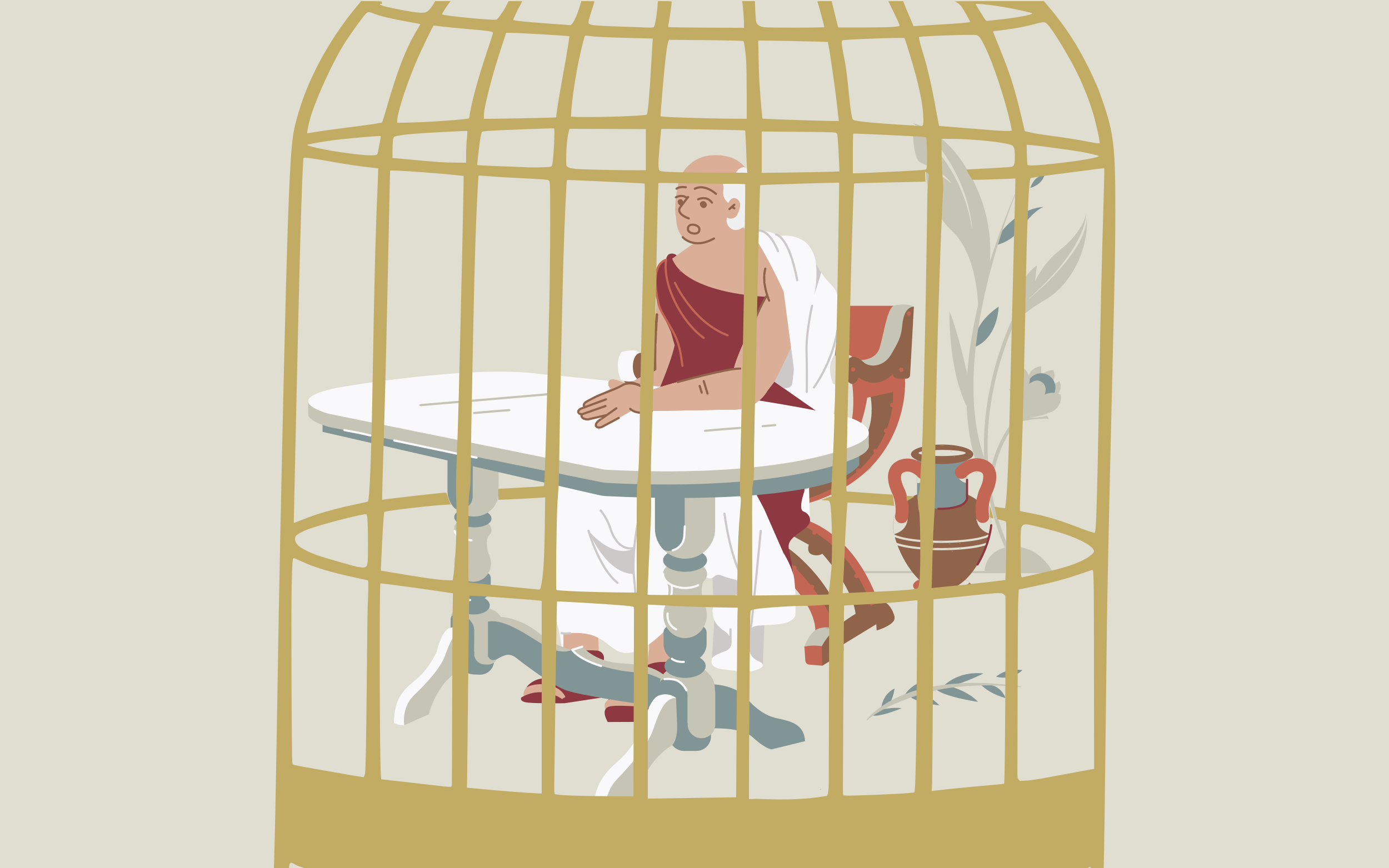# 10 An Honest Dollar Is The Most Impressive Thing
*Week 2, Day 4 of [[00 The Wealthy Stoic Course]]* #source/course
<< [[09 Don’t Take The Money|Back]] | [[11 The Definition of Wealth Is Autonomy|Next]] >>

## Content
> “The philosopher shall own ample wealth, but it will have been wrested from no man, nor will it be stained with another's blood." — Seneca
> “Whatever is rightly done, however humble, is noble. (Quidvis recte factum quamvis humile praeclarum.)” — Sir Henry Royce
There’s no disputing the fact that many, if not most, of the ancient Stoics were rich. Zeno came from a merchant family. Cato’s great-grandfather had been a successful farmer. Seneca was wealthy and of course, so was Marcus Aurelius.
The problem with their fortune was not the size—it was how it was acquired.
If Thales had gone out and made that money through insider trading, a Ponzi scheme, embezzlement, or fraud—we can imagine that Aristotle wouldn’t have told the story.
Both Zeno and Cato’s wealth would have been impossible without the grueling and thankless labor of slaves.
Seneca grew rich in Nero’s service.
Marcus Aurelius never wanted to be emperor, and as he once told the Senate, he did not regard himself as possessing a single dollar or house—to Marcus, all of his wealth truly belonged to Rome. When Rome’s finances were shaky, he sold off imperial treasures to pay down the empire’s debts. When estates were left to him, he could have easily accepted them and increased his family’s wealth while in office, like so many politicians before and since have done. Instead, he found the deceased’s distant relatives and gifted it to them (when his own father died, Marcus passed his rightful inheritance to his sister).
Cleanthes, one of the earliest Stoics, had no great fortune. Instead, he worked nearly all his life with a series of humble jobs. He carried water for people’s gardens. He crushed grain. He was a laborer—by choice. He didn’t have any shame about his job or his poverty. He was proud of the work he did, and he enjoyed the life he lived. When a wealthy king offered him enough money to cease these labors, he refused, saying he preferred the freedom of a humble life to the slavery of extravagance.
Every dollar Cleanthes earned—even if it wasn’t many of them—was honestly made. Not one of them was stained with blood or tainted by injustice.
And isn’t this a much more impressive fortune? It’s not the quantity that we should care about. Something earnestly made and sold for a fair price, whether it’s millions of units or a few dozen: that’s honorable. Something earned with real effort: that’s honorable, whether it’s earned by sweeping floors or managing a company.
---
## Activity
**Are you earning an honest dollar?**
- What things are in your control?
- What can you do to get closer to earning an honest dollar?